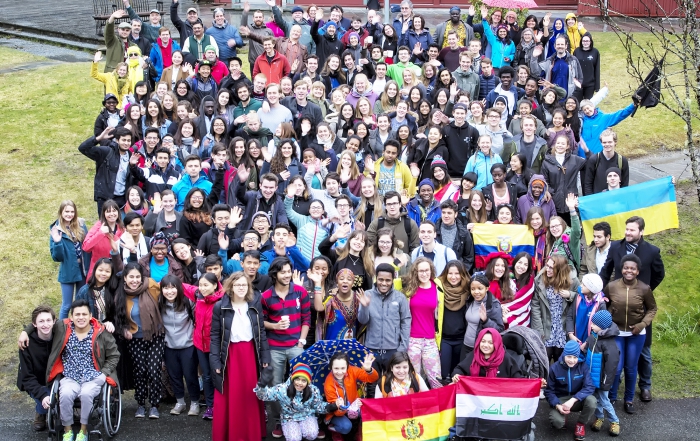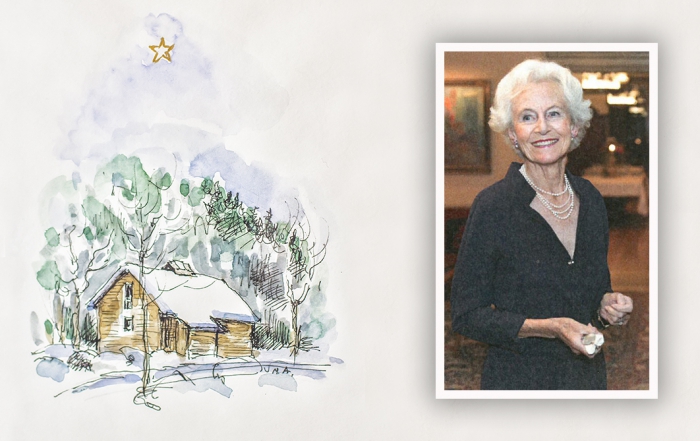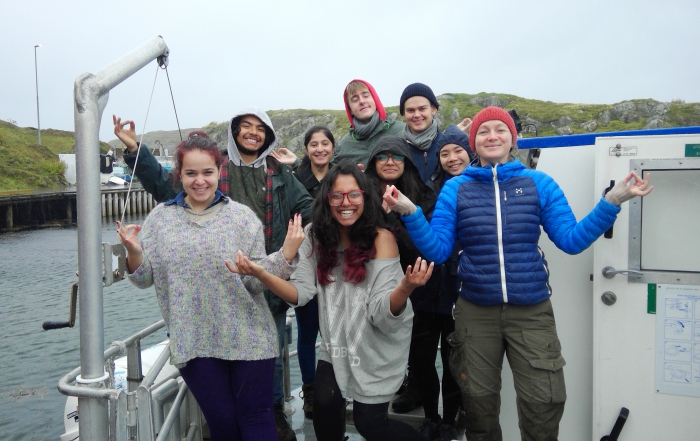Project Based Learning, or shortly PBL week, is over, so let’s take a closer look at what PBL week is! PBL is part of our CAS program, the heart of the Diploma Programme. CAS is designed to strengthen and extend students’ personal and interpersonal learning and is organized around the three strands of creativity, activity, and service. In PBL week, students and staff propose completed projects, focusing on the pillar of the College, the Nordic, Humanitarian or Environmental aspects. Students develop skills, attitudes, and dispositions through various individual and group experiences that provide them with opportunities to explore their interests and express their passions, personalities, and perspectives. They are expected to be actively involved throughout the process of planning and running the projects, that allow students to actively reflect and meet some of the seven objectives of IB: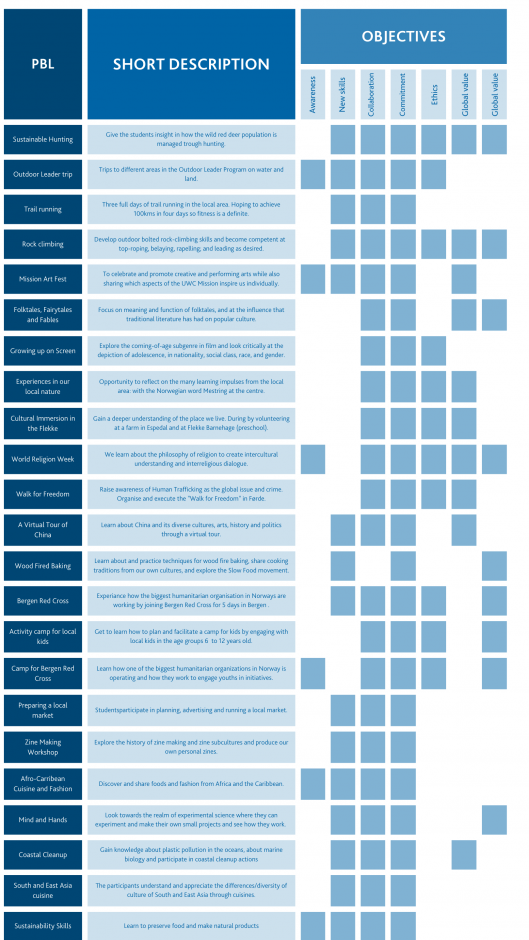
ACTIVITY
The active strand of CAS is about physical exertion contributing to a healthy lifestyle, let it be in- or outdoors, but being in such a unique environment, we prefer outdoor activities, so students can also learn about nature.
 Rock climbing
Rock climbing
Starting the week with different levels of experience, students learned to climb and belay each other on the College crag, the “always dry” Hellebust crag, and, on the last day, Førde klatrehallen (indoor climbing centre) with its many bouldering and leading opportunities.
Trail running
What a team! On the first day of the 100 km challenge, 37 km was done. There were some tough kilometers, but they did it. On the second day, they ran across Værlandet islands – a challenging day, but the full marathon was accomplished at the end. So, 80 km total running in 2 days!
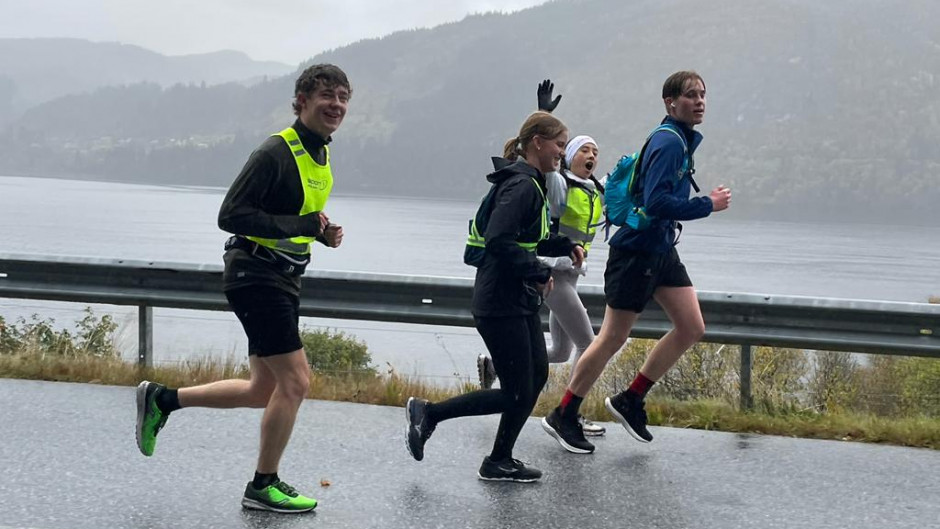
Norwegian nature
We have seen the light! The visit to Eide in Hyllestad provided more than we expected. Excellent facilities just by the fjord, varied weather conditions, and great company. Master chef Raya never failed us. In addition, we got to see places of local historical interest en route: Fredensborg, Lillingstone, the fortresses at Lammetun, and Mill Stone Park in Hyllestad. And on our hikes, we saw the light!
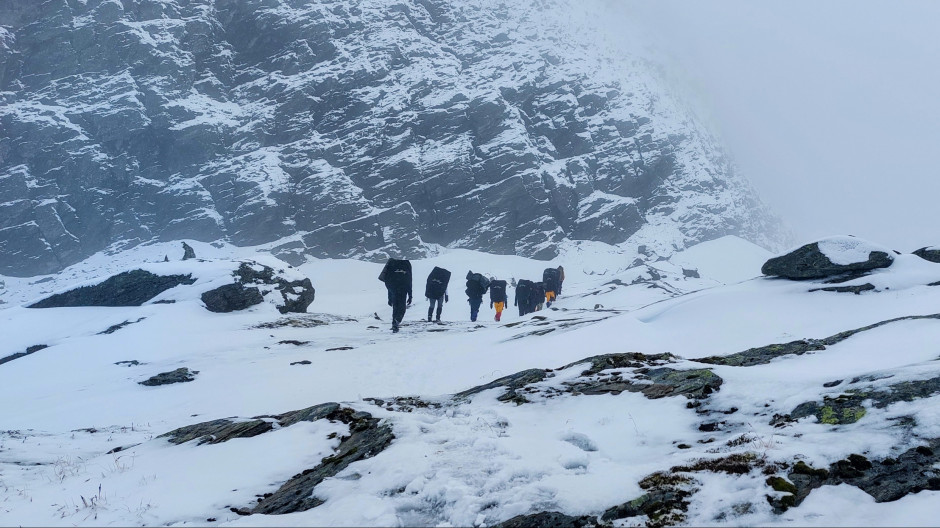
Outdoor Leadership
The PBL is part of our 1-year Outdoor Leadership program, an opportunity to be educated as an Outdoor Leader and to gain the UWC RCN Friluftsliv Diploma. Students experience Norwegian nature all year round, learning practical skills and knowledge on taking the lead on different field trips following the Norwegian Friluftsliv tradition. Over the PBL, students went on overnight hiking in Stølsheimen and a sea kayaking trip around the islands on the West coast.
CREATIVE
The Creative strand of CAS explores and extends ideas leading to an original or interpretive product or performance. That can be anything that involves creative thinking: art, fashion, cooking, and many more.
Sustainable Hunting
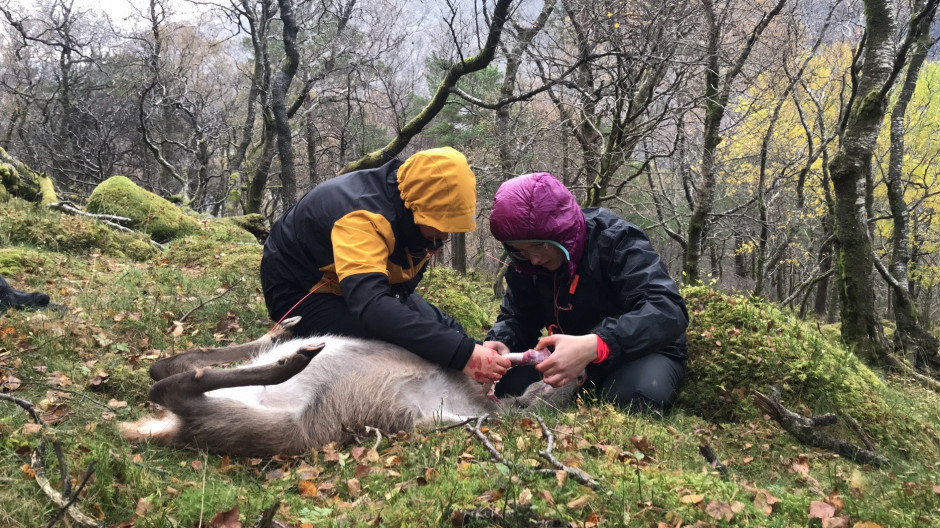 This PBL aims to give the students insight into how the wild red deer population is managed through hunting. This is done by actively joining a local group of hunters. The students had to plan, implement the planned hunting, try to skin and field dress a red deer, carry the deer back to the farm, and prepare the meat.
This PBL aims to give the students insight into how the wild red deer population is managed through hunting. This is done by actively joining a local group of hunters. The students had to plan, implement the planned hunting, try to skin and field dress a red deer, carry the deer back to the farm, and prepare the meat.
Afro-Caribbean Cuisine and Fashion
Learn about the culture of Africa and the Caribbean through sharing foods and fashion with the help of students and staff from the region.
Mind and Hands
The main objective of the PBL is to encourage students to look towards the realm of experimental science where they can experiment and make their own small projects and see how they work. During the first days of the PBL we will focus on learning the basics of electronics and microcontrollers using Arduino (an open-source hardware and software platform). Then each participant will select a project and build it! We will provide some equipment to facilitate your creations. Led by Pablo and Vihaan.
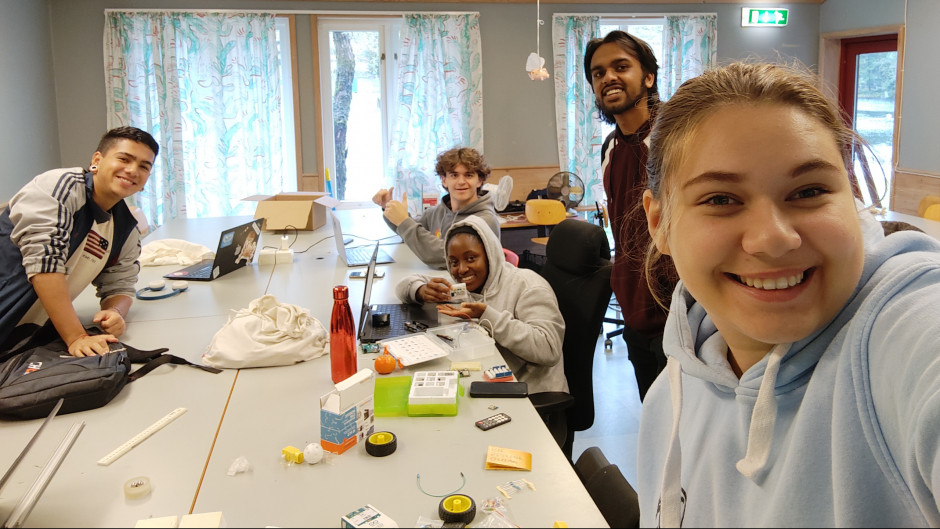
Folktales, Fairytales, and Fables
In this course, we looked at folktales’ structure, meaning, and function and the influence that traditional literature has had on popular culture. We examined how European tales’ characters, plots, and tropes have been redeployed and revised in a wide range of media. This PBL included a visit to the Sogn Folkemuseum, a day trip to Bergen for a folktale-centered tour of the city, a screening of works by Lotte Reiniger, Guillermo del Toro, and DreamWorks, and readings by Neil Gaiman and Roald Dahl, among others.
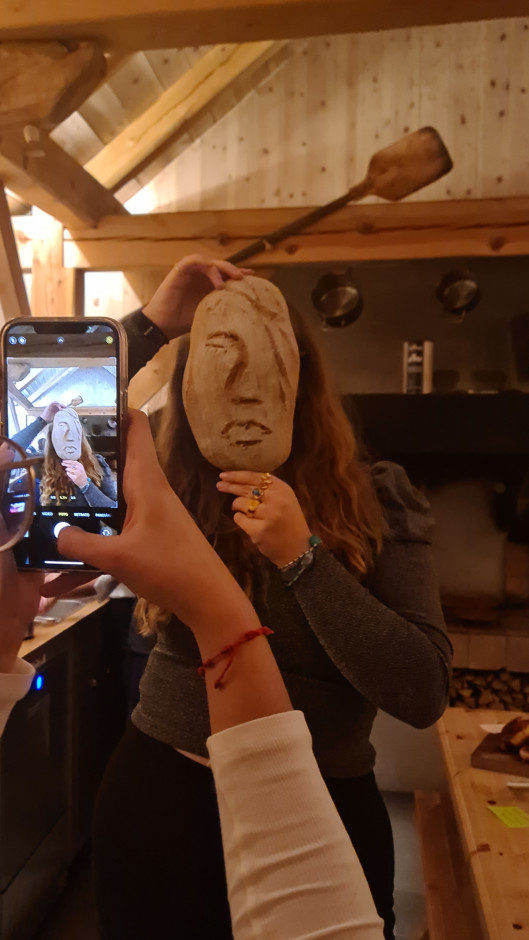
Wood Fired Baking
Students in the Woodfire Baking PBL group spent three days learning to use the wood-fired oven in the baking house. Students made beautiful focaccia art, croissants, cinnamon buns, sourdough bread from flour they had ground themselves, homemade butter, pizzas, jam, dried fruit, jerky, soup, cheese, and more.
Performers Writing & Recording Camp
The students in this PBL collaborated, wrote, composed, and performed their own original songs professionally recorded by Kåre Sandvik. They recorded 11 songs in 2 days. One of the group’s compositions is a song inspired by the UWC Mission statement titled “Worldwide Movement.”
Mission Art Fest
To celebrate and promote creative and performing arts talents and skills among the UWCRCN student body while sharing which aspects of the UWC Mission inspire us individually.
Growing up on Screen
In this course, we will explore the coming-of-age subgenre in film. We’ll look at the depiction of adolescence in several movies, examining tensions in cultural and national identity, social class, race, and gender. Screenings include works by Greta Gerwig, Alfonso Cuarón, Hayao Miyazaki, and Barry Jenkins. We will conclude the course by creating a collective short film.
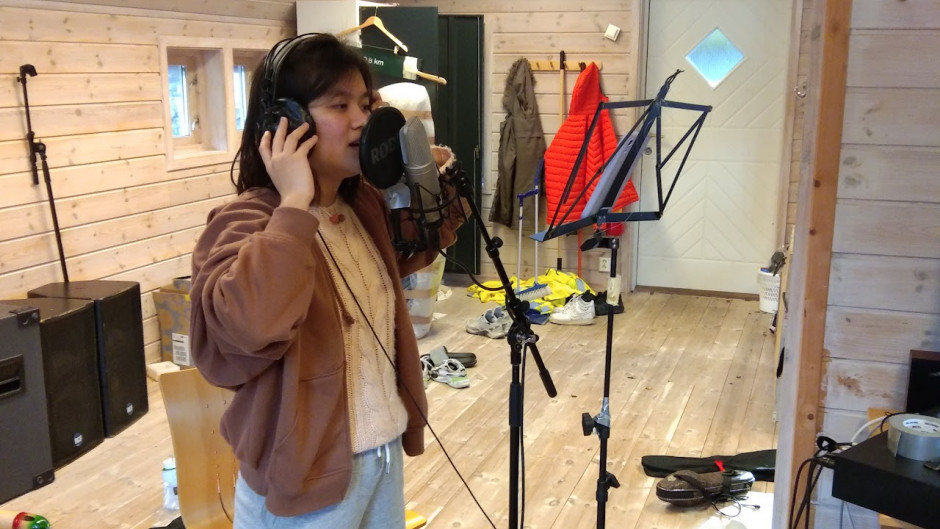
A Virtual Tour of China
Learn about China and its diverse cultures, arts, history, and politics through a virtual tour with our own expert from China.
Zine Making Workshop
We will explore the history of zine making and zine subcultures and produce our own personal zines.
South and East Asia cuisine
This PBL, taking advantage of the diversity of culture we have on this campus, will allow the participants to understand and appreciate the differences/diversity of the culture of South and East Asia through cuisines. During the PBL, some cuisines called by the same name but are cooked in different ways in different regions will be explored. In addition, the participants will be able to learn how the same ingredients are used in different ways.
Sustainability Skills
This PBL is about learning to preserve food and make natural products, using local or sustainable materials while tapping into our ancestors’ knowledge.
SERVICE
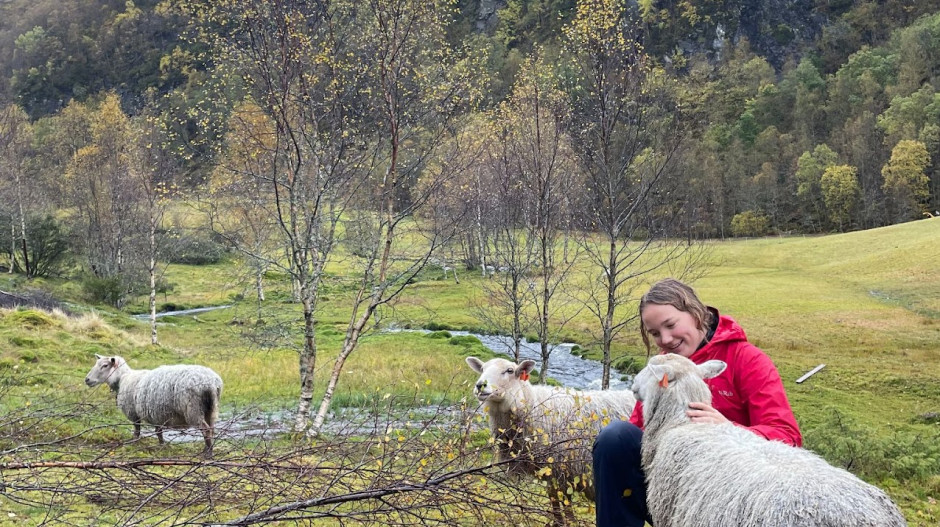
The Service strand of CAS is an unpaid and voluntary exchange with a learning benefit for the student. In this strand, it is essential to engage with the community as a response to an authentic need. This October, we offered the following service activities in the PBL week:
World Religion Week
The objective of this week is to learn about the philosophy of religion and how you can use philosophical knowledge and perspectives to create intercultural understanding and interreligious dialogue. The ultimate end of the activity is to plan and organize the World Religion Week on campus, either later this term or early next year. This includes planning informal student activities and more formal happenings with invited guests. This is an excellent opportunity to learn more about philosophy and work with a specific focus to improve how we approach each other in our community.
Coastal Cleanup
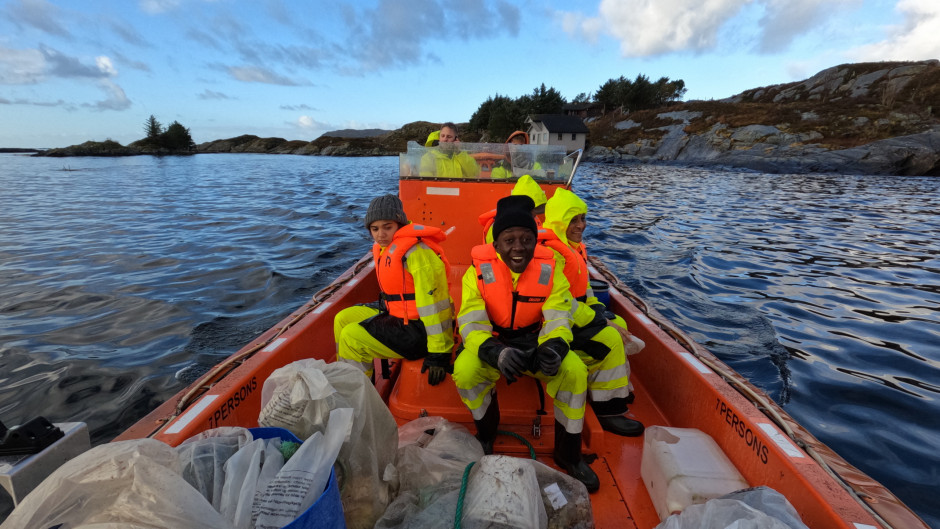
Plastic pollution in oceans is a global problem in our local region, the West coast of Norway. Students participated in a 5-days coastal cleanup action when they cleaned the seashore of plastic waste and learned about plastic pollution in the oceans and marine biology.
Walk for Freedom
On Saturday, October 15, we stood up against Modern Slavery. We marched against Human Trafficking. Human trafficking is hidden, fast-growing, and complex– generating billions each year by exploiting millions of people. We gave out flyers about Human Trafficking and a hotline number where one can report. We hope we managed to raise awareness of this fastest-growing global crime.

Bergen Red Cross
Students visited the Norwegian Red Cross to learn how the most prominent humanitarian organization in Norway works; they joined the Bergen Red Cross activities for 5 days in Bergen.
Activity camp for local kids
Students got to learn how to plan and facilitate a camp for kids. In addition, they had the chance to explore Norwegian culture and language by engaging with local kids in the age groups 6 to 12 years old.
Cultural Immersion in Flekke
This PBL aimed to gain a deeper understanding of the place we live. During this PBL, we volunteered at a farm in Espedal. The farm has sheep, a horse, a creek with fish, and part of a mountain. Furthermore, we volunteered at Flekke Barnehage (preschool), where the students were involved in planned activities for and playing with the children. In addition, we sent on beautiful local hikes. Finally, to end the week off, we participated in Gammeldans at Dale, the traditional Norwegian dance accompanied by a live band.
Camp for Bergen Red Cross
 The Norwegian Red Cross, the biggest humanitarian organization in Norway, is organizing a camp for kids in need during the autumn break. Our students had been involved in planning and running the camp; meanwhile, they learned about the social issues behind this need.
The Norwegian Red Cross, the biggest humanitarian organization in Norway, is organizing a camp for kids in need during the autumn break. Our students had been involved in planning and running the camp; meanwhile, they learned about the social issues behind this need.
Preparing a local market
Through planning and running a local market in the historical site of Lillingstoneheimen, students learned about local history, about how to plan an event and had the chance to interact with the local community.
Latest News
Are you our new Rektor?
UWC is a global education movement uniting people, nations and cultures for peace and a sustainable future. UWC Red Cross Nordic, established in 1995, is situated in Flekke, Fjaler Muncipality 150km north of Bergen on the [...]
Book Launch & Exhibition in Oslo
On the 1st November 2017, Orfeus Publishing launches ‘Slottet - Familien - Kunsten’ (‘The Palace - The Family - The Art) - a biography of Marianne Andresen, written by Nanna Segelcke. Marianne has been one of UWC Red [...]
Question: What is Peace?
Early on Sunday 8th October, a group of 9 RCNers headed to the remote island of Gåsvær, Solund, in quest of peace. The aim was to thoroughly disconnect from the outside world (no mobiles or [...]

